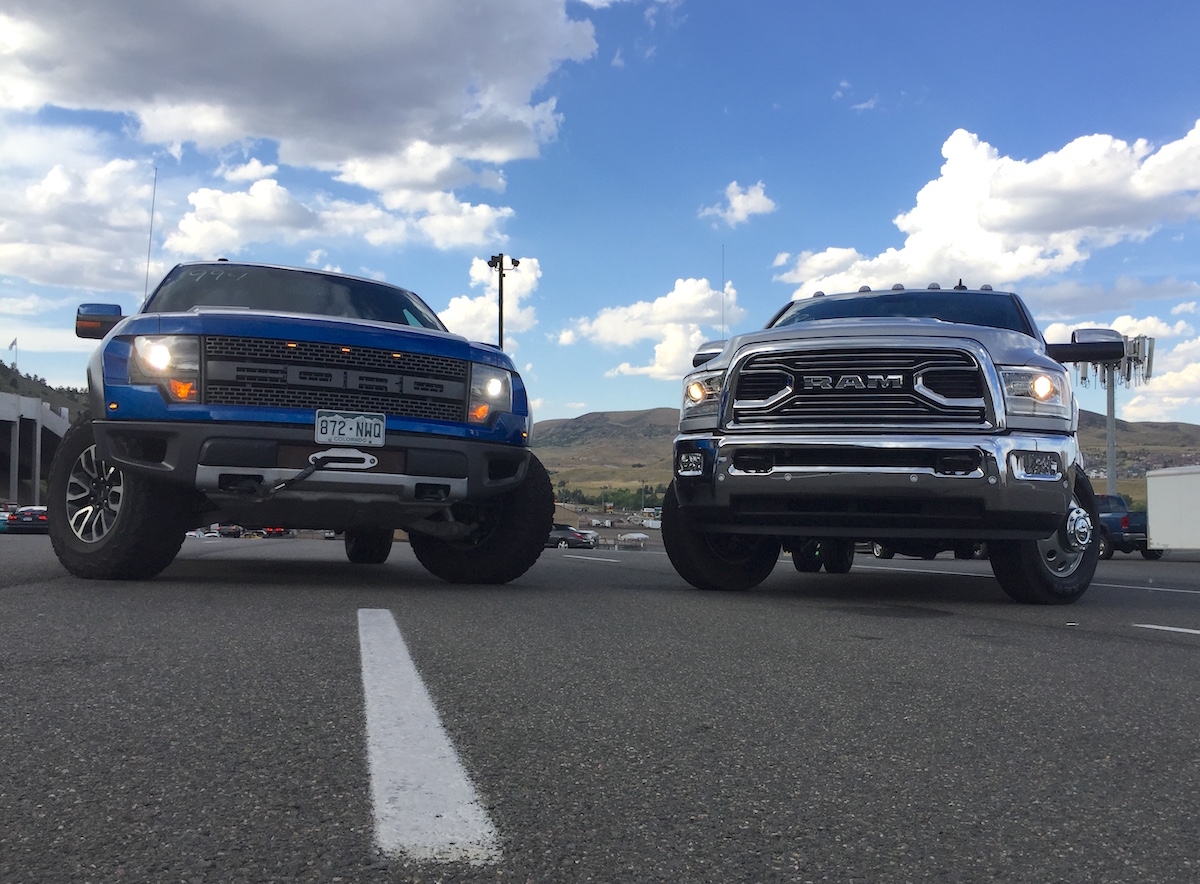
Why are new pickup trucks getting so expensive? We get this question on a regular basis. Turns out the trend of rapidly growing truck prices started around the year 2000, when modern half-ton trucks transitioned to the crew cabs we know and love today. Yes, heavy duty trucks were available with four full-size doors (crew cabs) starting in the 1960s and 1970s, but this feature did not become popular among light-duty and midsize trucks until later.
The crew cab half-ton helped make the pickup truck a do-it-all family vehicle, and not simply a tool to do work. Why does this help make the truck more expensive? The truck can now be the only vehicle a family needs. The truck can still tow and haul a lot of weight, but also carry five or six people. The newest trucks have high-tech engines, transmissions, suspension systems, and luxury feature you would expect from a high-end sedan. They are also much more powerful, more fuel efficient, and more capable than ever before.
Half-ton trucks are now rated to tow over 12,000 lbs. The one-ton diesel dually trucks can tug over 30,000 lbs behind them when properly equipped.
A well-optioned 2001 Ford F-150 Crew Cab 4×4 had an original MSRP of around $34,000. A 2008 Ford F-150 Crew Cab 4×4 Harley Davidson edition moved up to an original sticker price of over $40,000. The latest 2018 Ford Raptor Crew Cab can now be optioned at around $72,000. The price of a fully-loaded F-150 has approximately doubled over the last 17 years. Clearly, this is more than just dollar inflation. Inflation accounted for about 28% of the price increase over the same period.
All pickup trucks (not just Fords) are getting packed full of latest automotive technology, soft leather, and beautifully finished wood trim. A 2018 Ram HD Limited Tungsten edition can be optioned to nearly $87,000. A 2018 Ford Super Duty Limited price can climb to $94,000 for a fully appointed F450 diesel.
Join the conversation here or with the video below.
















![Which is More Reliable: 3.5L EcoBoost or 5.0L V8? [Reader Question] Second-generation 3.5-liter EcoBoost engine](https://tfltruck.com/wp-content/uploads/2016/05/Second-generation-35-liter-EcoBoost-engine.jpg)
![Which Silverado Engine to Get: 5.3L or 6.2L V8? [Ask TFLTruck] 2016 chevy silverado](https://tfltruck.com/wp-content/uploads/2015/10/2016-chevy-silverado-grille.jpg)
